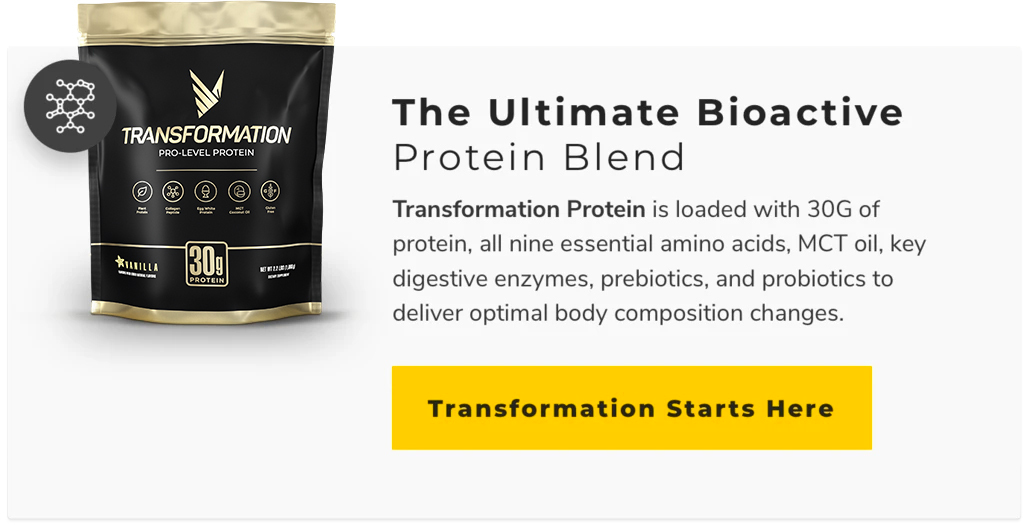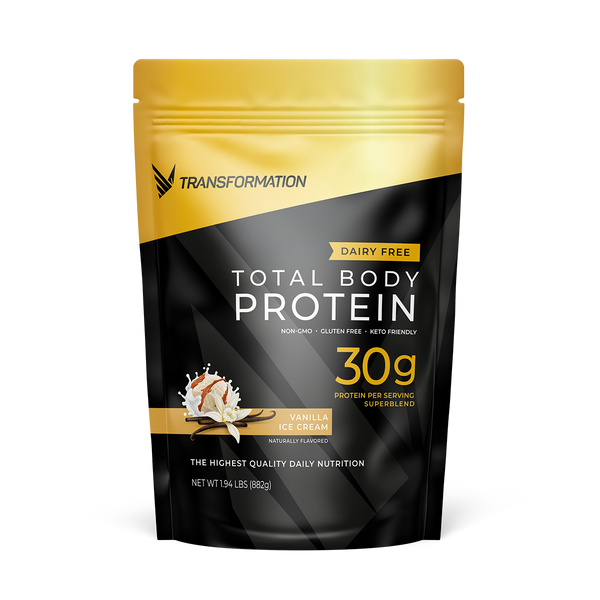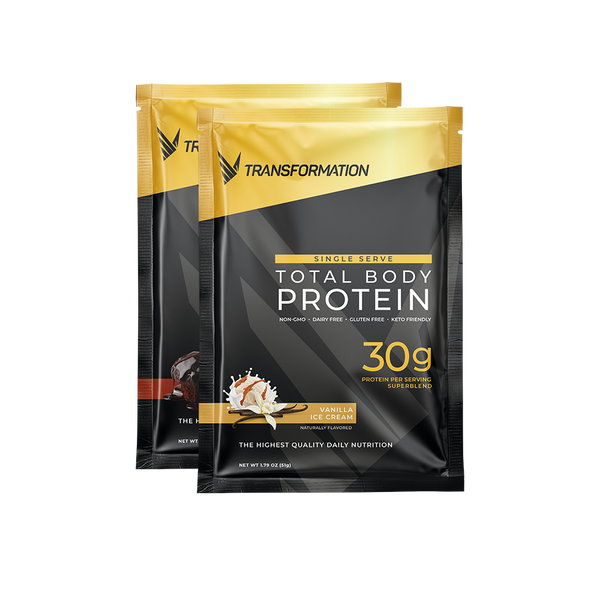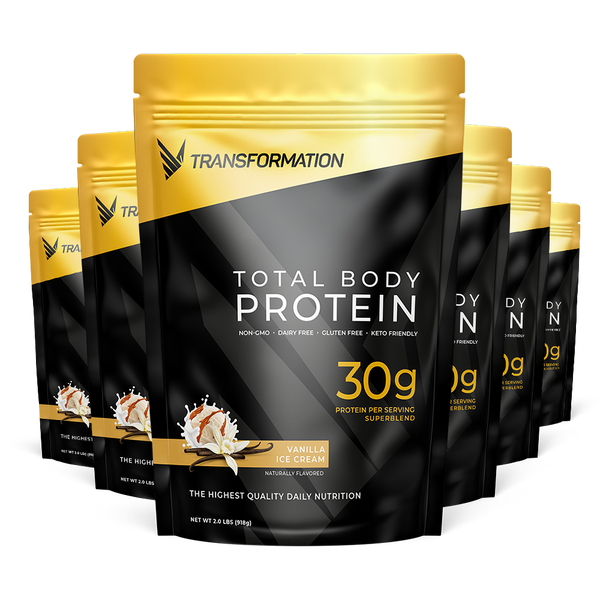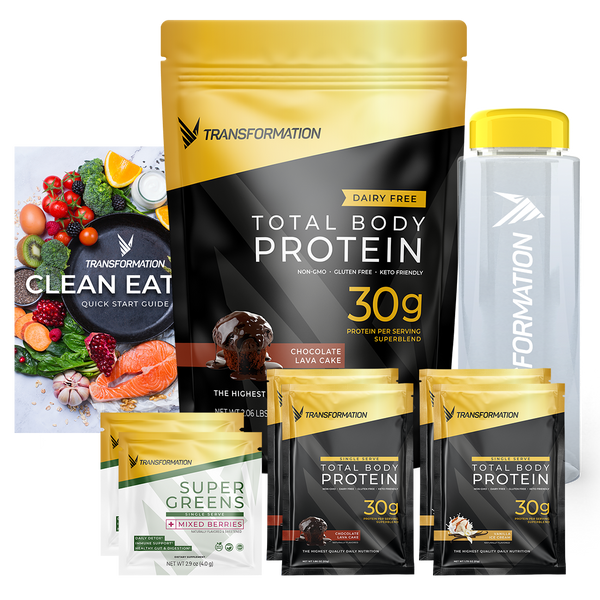
Post Workout: What to Eat, What to Drink and What to Do
Why Your Post-Workout Routine Matters
Did you know that what you eat, drink, and do after a workout is maybe even more important than the workout itself? It's essential for boosting muscle recovery and keeping you looking and feeling your best. When you train, you’re actively working on breaking down the muscles in your body to build new ones. As a result, exercise can leave you feeling depleted and sluggish. However, a fine-tuned post-workout routine can help mitigate any negative (temporary) side effects from going hard at the gym. There’s a science to developing a post-workout routine, but it's not that complicated.
This is because It largely relies on listening to your body and understanding what it needs to recover from your workouts. Needs won’t always be the same. A variety of factors that’ll impact how long and what it will take to fully recover:
- Hydration level
- Exercise intensity
- Fitness level
- Nutrition regimen
- Any non-fitness underlying conditions
- i.e. a cold or the flu slowing you down
Many people neglect their post-workout routine–– however it is just as essential as the workout itself. Afterall, your body needs to be refueled, recharged, and replenished properly after a workout. This helps you recover and keep feeling your best, no matter how hard you go at the gym. A recovery routine can be even more important than your workout. And believe it or not your muscles don’t actually do any growing during your workout. All of your body goals are achieved during the recovery phase.
Whether you’re looking to burn fat or gain lean muscle mass, recovery is where most of the action happens. Failing to address and support muscle recovery is a recipe for disaster. Your body won’t have the resources or energy needed to repair the micro-tears in your muscles caused by working out. This will lead to you likely to experience negative side effects that’ll restrict your training.
- DOMS: Delayed onset muscle soreness
- OTS: Overtraining syndrome
- Additionally, you might not see your fitness improve as quickly - or as much - without adequate recovery
During the recovery phase, your body is learning how to adapt to the stresses from exercise. Without recovery, you can't learn to adapt and increase your fitness level.
What to Do to Boost Post-Workout Recovery
When your muscles are sore and tired after a workout, it can feel tempting to simply sit back and relax after a workout. But this won’t do your body any favors. Instead, opt for an activity that can help speed up the recovery process. Here are some of our favorites:
- Yoga/Stretching
- As you exercise, your muscles contract and shrink to create tension and give you the power you need to perform.
- Yoga and stretching counteract this, helping to relax your muscles and return them to a “normal” state.
- This will help reduce soreness and prevent injuries thanks to increased flexibility.
- Compression/Massage/Foam Rolling
- Can reduce inflammation and help reduce the severity of sore muscles by limiting the accumulation of lactic acid in your muscles
- Temperature therapy
- Think cryotherapy or infrared saunas.
- Try alternating hot/cold for max recovery––This helps your body naturally cycle through contraction and dilation of your blood vessels.
- As a result, your heart rate will increase and decrease, which can help deliver oxygen and repair nutrients to your tired muscles quicker.
- Get adequate sleep
- Getting 8 - 9 hours of sleep per night is exactly what your body needs to fully recovery.
- While we sleep, our bodies go into overtime to rest and repair our muscles. Not getting enough sleep can actually impair muscle recovery and leave you feeling sluggish and sore the next day.
- Professional athletes are known to sleep for up to 10 hours per day for maximum physical recovery.
What to Drink to Boost Post-Workout Recovery
Good news is that there are some drinks best for post-workout recovery and how they can help your body.There are three primary functions that post-workout drinks serve; like help reduce soreness. Here are some drinks to try:
- Tart cherry juice
- Some studies have shown that Montmorency cherry juice can help your muscles recover and reduce the amount of soreness by decreasing inflammation.
- Watermelon juice
- A great, low-calorie drink that not only rehydrates and replenishes your electrolytes, it also delivers on a handful of antioxidants and amino acids, like lutein and lycopene.

Then there are plenty of drinks to help with muscle repair:
- Protein shakes
- These offer the most complete nutrition that your body needs after a workout.
- Look for details on macros to make sure you’re balancing everything out and avoiding any nasty artificial flavors/colors/fillers/sweeteners.
- You should aim for 20 - 30 grams of protein post-workout to make sure your body gets enough to repair your muscles.
- Chocolate milk
- Filled with high-quality, naturally occurring protein and carbohydrates.
- Typically, a single glass of low-fat milk has about 8g of protein.
- Also has the electrolytes calcium, potassium, sodium, and magnesium.
Some drinks help rehydrate and replenish electrolyte levels, examples and things to consider could include:
- Orange juice
- Full of the electrolyte, Potassium, Vitamin C, and quick-digesting carbs.
- Water
- Add a pinch of Himalayan sea salt or a splash of lime/lemon juice to help your body absorb more hydration.
- Coconut water
- Hydrating and helps replenish your electrolyte levels with naturally occurring magnesium and potassium.
- Just so happens to also be low in sodium.
- Add it to your protein shakes or smoothies to make sure you’re getting enough protein/carbs, too.
What to Eat to Boost Post-Workout Recovery
Also what is essential to refuel your body with a good dose of solid nutrition after your workout. After a workout, there’s a small window of time where our bodies are primed to take in nutrition and maximize its benefits. Most experts agree that this window ranges from 30 to 60 minutes after a workout. This can vary depending on several factors:
- Intensity of workout
- Weather conditions
- Current fitness level
Your body more easily absorbs and processes nutrients during this small window. During exercise, you produce an enzyme that helps stimulate the product of energy-giving glycogen. Your body uses this enzyme to digest and process any new glycogen you refuel. Your cells are primed for insulin sensitivity during workout, which allows you to access and use energy more readily. When they’re like this, they more easily allow glucose from carbs to reenter the cells and replenish your energy stores. Some studies have shown that refilling glycogen stores might also slow muscle protein breakdown after a workout.
Some foods are better than others when it comes to post-workout nutrition. You can look for foods rich in carbs, here are some things to keep in mind:
- Milk
- Fruits (pineapple, berries, bananas, etc.)
- Legumes (like peanut butter)
- Eggs
- Whole grain bread
Look for foods rich in proteins:
- Protein powder
- Eggs
- Yogurt
- Cottage cheese
- Lean meats/fatty fishes
- I.e., chicken, tuna, salmon
Don’t skip the healthy fats:
- Avocado
- Nuts/nut butters
- Seeds
Make Sure Your Post-Workout Routine Nutrition Is Maximized
Don’t forget, recovery is just as important as your workout. But it takes a good routine to master recovery and keep feeling/performing your best. There are a variety of things you can do to help your body recover. Sleep, massage/compression, temperature therapy, stretching/yoga are just the beginnings of ways you can heal your body after a workout. Using drinks and foods that can help you recover are the most important thing.


